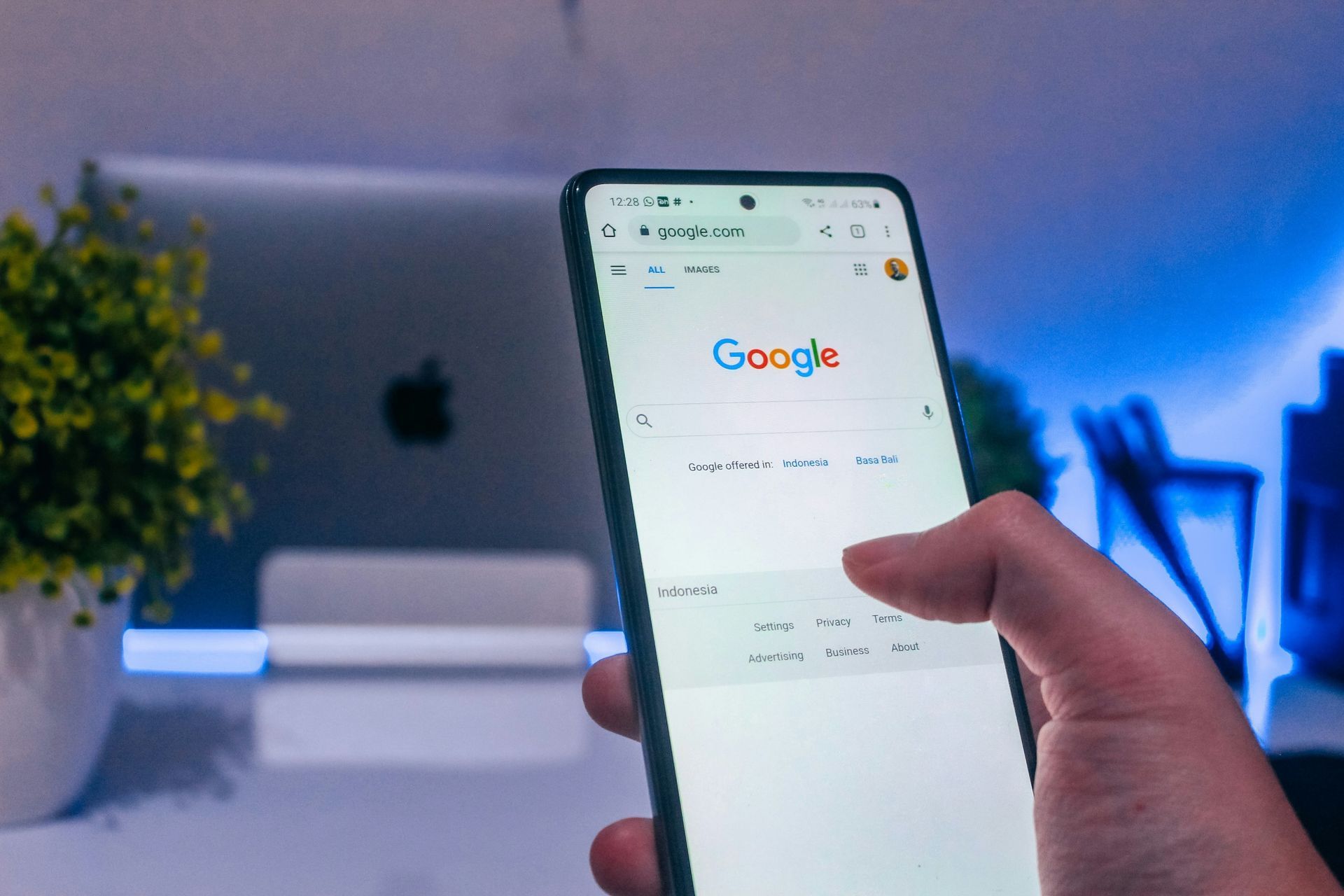Advanced Local SEO Strategies for Real Community Impact
When most businesses hear the term local SEO, they immediately think of their Google Business Profile—and rightly so. It’s a powerful tool that helps your business appear in Google Maps and the local pack. But if you’re only relying on that one listing to bring in traffic, you're missing out on massive opportunities.
To truly stand out and dominate local search results, you need to dig deeper. In this blog, we’re sharing advanced strategies to help your business rise above the competition and get found by more people in your community.
Step 1: Local Backlinks: Your Digital Word-of-Mouth
Backlinks—links from other websites to yours—are one of the strongest signals search engines use to determine your site’s authority. But when it comes to local SEO, not all backlinks are created equal. Local backlinks—those that come from sources in your geographic area—can have a greater impact on your local rankings than national or generic links.
For example, a backlink from your city’s online newspaper, a nearby college’s resource page, or a local blogger’s site tells Google that your business matters to the community. These links act as digital endorsements from local entities.
BacklinksTo earn local backlinks:
- Get featured in local media: Reach out to journalists or content creators with story ideas, press releases, or community initiatives your business is involved in.
- Participate in community partnerships: Sponsor local events, donate to local nonprofits, or collaborate with other businesses in your area. These often lead to mentions on websites and social media.
- Offer your expertise: If you’re a service provider or consultant, write guest posts or contribute tips to local blogs and newsletters. This positions you as an expert while earning quality links back to your site.
Local backlinks take effort to build, but they’re worth every minute—think of them as the modern version of being “well known” in your neighborhood.
Step 2: Optimizing for Voice Search: Be Where Conversations Happen
Voice search is no longer a novelty—it’s how millions of people interact with search engines every day. Devices like Google Assistant, Siri, and Alexa have changed how users search for local businesses. Instead of typing “dentist Fort Worth,” people say things like, “Who’s the best dentist near me?”
This conversational shift means your content needs to reflect how people talk—not just how they type.
Here’s how to make your website voice-search-friendly:
- Use natural, question-based language throughout your site. Think “What’s the best pizza place open late?” or “Where can I get custom t-shirts in Fort Worth?”
- Add FAQ sections to service pages and blog posts. These are a goldmine for voice search queries.
- Keep answers short and to the point. Devices like Google Home often pull short, clear responses from web content.
- Maintain accurate NAP details (Name, Address, Phone Number) across every platform you’re listed on. Consistency is key when voice assistants look for trusted data.
By writing like your customers talk, you increase the chances of showing up when they ask their devices for help.
Step 3: Community Involvement: SEO Starts Offline Too
Engaging with your local community can do more for your SEO than you might think. Every time your business is mentioned on a community event website, tagged in social media posts, or covered in a local newsletter, search engines take notice.
Getting involved in local events—whether online or in person—can generate buzz, backlinks, and branded searches, all of which contribute to higher local rankings.
Here’s how to make your community engagement SEO-friendly:
- Host events and promote them on your website and social media. Whether it’s a workshop, fundraiser, or networking event, share the details and invite the public.
- Ask for a mention when you participate in or support other local events. Many event websites, schools, and charities have pages listing sponsors or collaborators.
- Document everything on your own website. Posting recaps with photos, names, and location details creates locally-relevant content that search engines love.
This creates a digital footprint that ties your brand to your physical location—making you a local authority in both search and real life.
Step 4: Structured Data: Help Google Help You
Even the best-written website needs a little help translating its content for search engines. That’s where schema markup comes in.
Schema is a form of structured data you can add to your site’s code to provide additional context about your business—like your location, hours, service area, customer reviews, and even menus.
When Google understands your content more clearly, it can present it more attractively in search results. Think: rich snippets, star ratings, and even voice-assistant-friendly results.
For local SEO, you should especially focus on LocalBusiness schema. It helps Google identify that your business serves a specific area and provides clear details about what you offer.
If you’re not tech-savvy, don’t worry. Tools like Google’s Structured Data Markup Helper make it easier to generate the code you need without writing it from scratch.
Step 5: Creating Hyper-Local Content: Speak Your City’s Language
One of the best ways to signal your local relevance is to consistently create content that focuses on your region, city, or even neighborhood.
This could be:
- Blog posts about local events, trends, or business tips.
- Customer success stories from clients in your area.
- Location-specific landing pages that target different service zones.
- Listicles like “Top 5 Digital Marketing Trends for Dallas Small Businesses” or “How to Prep Your Fort Worth Storefront for Summer Foot Traffic.”
When you create this kind of content, you’re telling both your audience and search engines: “I know this community—and I’m a part of it.”
And that kind of authenticity can’t be bought.
Final Takeaway
While optimizing your Google Business Profile is important, it’s just the first step. If you want to truly maximize your local SEO, you need to think bigger and deeper.
By building local backlinks, embracing voice search, showing up at community events, implementing schema markup, and publishing locally-relevant content, your business won’t just exist online—it’ll stand out.
At
Biz Builders LLC, we specialize in helping small businesses and local brands do exactly that. If you’re ready to grow your digital presence and attract the right local audience, we’re here to help.
👉
Let’s start building your local authority—together.
📩Contact us today to get started!
Email us at
terri@bizbuilders.io











